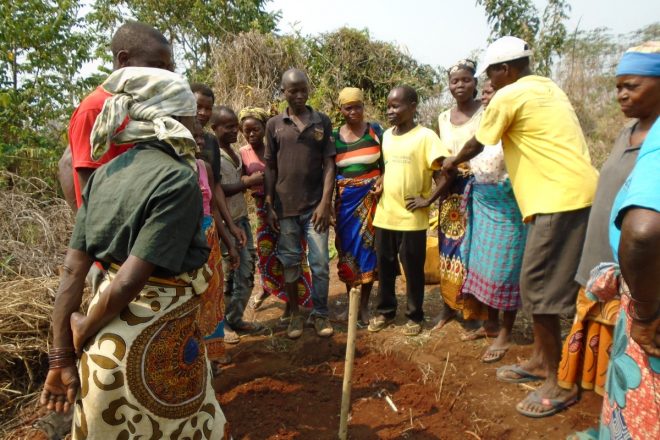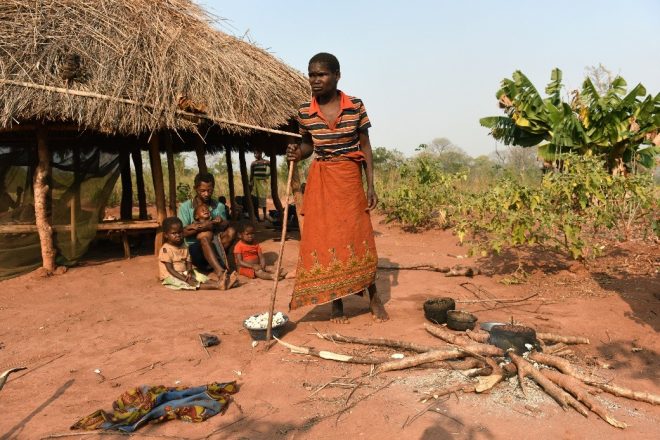Inclusion in Mozambique


Levels of exclusion in Mozambique are generally high, which makes it even harder to achieve inclusion of persons with leprosy and/or disabilities. Therefore, NLR Mozambique’s approach relies on partnerships with larger advocacy groups to push for inclusive practices at community level. 2020 saw the conclusion of a two-year project in Zambézia province on inclusive health and agriculture. Community members in two districts were informed about the rights of people with disabilities and pressure groups were set up comprising members of inclusive self-help groups to address the needs of persons affected by leprosy and to claim their rights to participate in local social development. This has led to positive, concrete results. Those affected have been included in local planning forums and ramps for people with disabilities have been installed in some institutions, which beforehand would have been unthinkable. Many members became powerful voices in meetings and role models for their peers in the community.
A disabled people’s organisation in Nampula province called ADEMO-Monapo was invited to take part in this project. It’s members learned how to go about training and they created task forces and pressure groups. They saw how powerful people with a disability can become when they are organized. Testimonies shared by those affected by leprosy on reductions in stigma by community members and in schools were impressive. ADEMO-Monapo replicated these interventions, setting up and strengthening the capacity of eight local task forces in their own areas. In 2020 these groups were able to participate in local decision-making processes and lobbied for the needs and rights of beneficiaries to be included in the public agenda.
One direct result was the inclusion of 32 persons affected in social protection programmes. A local basic social allowance access point was established close to one of the self-care groups.